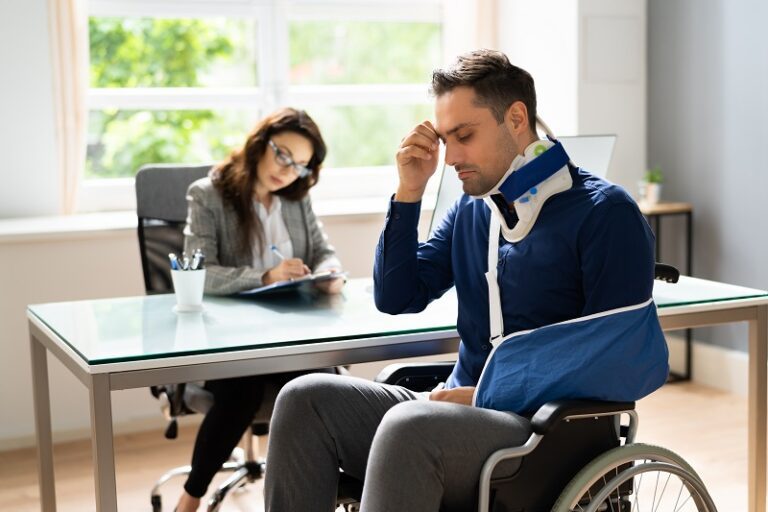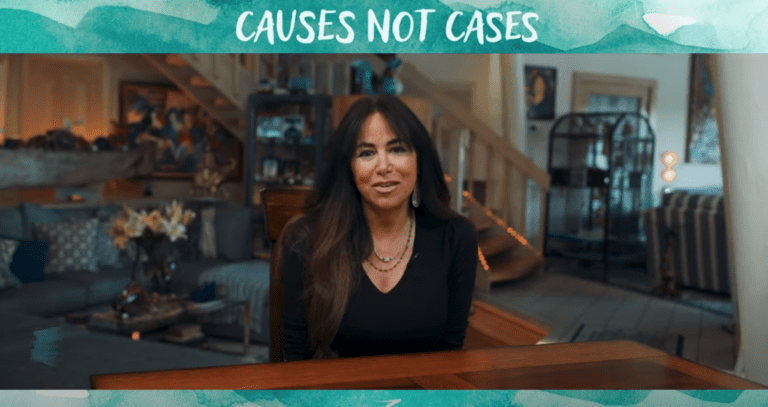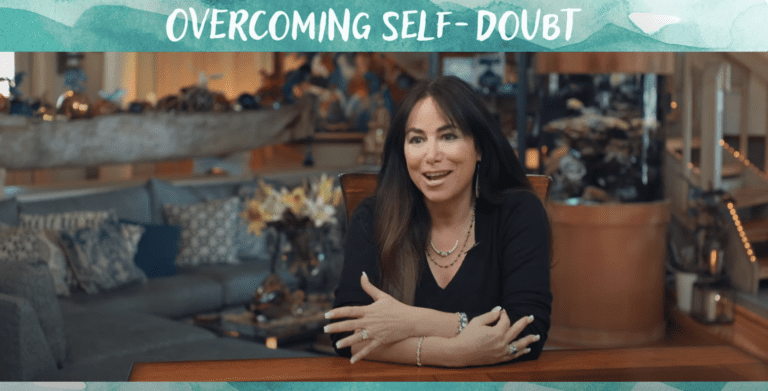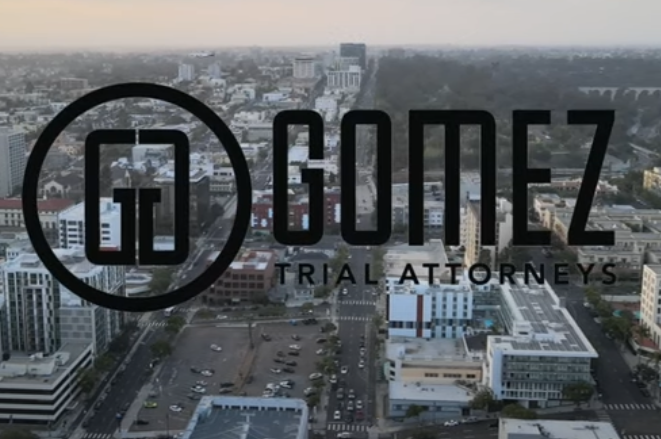The doctors told you it was “only a concussion.” They referred to it as a “mild traumatic brain injury.” Your friends and acquaintances shrugged when you told them about your symptoms and said you would feel better in a few days.
However, after your accident, you’re still dealing with headaches, dizziness, and a host of other problems that appeared after the accident that caused your concussion. Now doctors are telling you that you have post-concussion syndrome.
It feels like your medical team is confused about how to treat the syndrome and at a loss as to how or even what even causes the syndrome in the first place. Meanwhile, you keep going to the doctor and accumulating bills. Maybe you’re losing income because the problems make work impossible. Maybe you’re even having trouble just getting through the day.
If it feels like you have more questions than answers, you’re right. One of them is probably how much you could recover in a settlement with the person or entity that caused your concussion.
What’s a Typical Post Concussion Syndrome Settlement Worth?
Unfortunately, no ethical San Diego brain injury lawyer can definitively answer that question, because it hinges on too many variables. The information below about post-concussion syndrome, what causes it, and how doctors treat it—plus a little about the legal process—can help you understand why. Meanwhile, don’t let the unknowns in your case make you give up hope.
[lwptoc]
What Post-Concussion Syndrome Is
A concussion is often described—misleadingly—as a “mild” form of traumatic brain injury, resulting from a bump, jolt, or blow to the head. About 20 percent of concussion-sufferers may go on to develop chronic physical or cognitive symptoms.
Post-concussion syndrome, also known as post-TBI syndrome, is a complex injury that results in different symptoms that do not seem to depend on the severity of the initial injury. Those symptoms include:
- Headaches or migraines, which are present in the majority of patients suffering from post-concussion syndrome, particularly those who had a history even before the injury of suffering migraines, or have a family history of migraines.
- Dizziness or vertigo, which are common in the days immediately following a concussion. However, for some, the condition lasts for years and is accompanied by feelings of faintness, light-headedness, and nausea.
- Fatigue is another common complaint from those who experience a concussion and can linger long after other symptoms have subsided.
- Sensitivity to light is one of the hallmark symptoms of post-concussion syndrome, though the experiences with this symptom vary wildly between sufferers, with many developing a sensitivity to only certain types of light, such as digital screens or fluorescent bulbs.
- Blurred vision is another common concussion symptom that can continue for a long period of time after the other symptoms subside, due to either damage to a portion of the brain that controls visual functions or even a neurological complication of the concussion, such as a vestibular migraine.
- Noise sensitivity, which occurs in around 40 percent of patients suffering from post-concussion syndrome and often appears in conjunction with light sensitivity.
- Difficulty concentrating, which is the most common cognitive symptom experienced by individuals with post-concussion syndrome.
- Memory loss affects about 75 percent of individuals with post-concussion syndrome. While the damage caused to the brain by the initial injury may cause memory loss, it can also result from other chronic symptoms of the syndrome, such as migraines or fatigue.
- Emotional symptoms such as depression or anxiety, which commonly occur in individuals suffering from a concussive injury. These symptoms can linger for years and are especially prevalent in individuals who experience sensory issues related to their injuries, such as light or sound sensitivity.
- Sleep disturbances, which affect up to three-quarters of the individuals suffering from post-concussion syndrome, and can manifest in different ways, including insomnia, hypersomnia, periodic limb movement disorder, narcolepsy, or sleepwalking.
Many medical professionals believe that post-concussion syndrome results from structural damage to the brain or a disruption to the messaging system within the nerves stemming from the impact to the head that resulted in the initial injury. However, others believe that psychological factors cause the symptoms, because headaches, dizziness, and sleep disturbances are also hallmarks of psychological disorders such as post-traumatic stress disorder, anxiety, and depression.
This latter belief is prevalent in doctors who treat members of the military who suffered their brain injury as a result of combat conditions and training, as well as doctors who treat individuals who have a past history or family history of depression, who have poor coping skills, lack of social support, and significant life stressors.
Regardless, doctors may give a post-concussion syndrome diagnosis to those with three or more of the symptoms listed above if they last for more than a month after the initial injury.
Whom It Affects
Anyone who suffers a concussion is at risk of developing post-concussion syndrome. However, the risk is higher for some people, including:
- Women. For reasons not completely understood, women have a higher prevalence of acquiring long-lasting effects of a concussion.
- Older adults. Older people have a higher likelihood of developing chronic post-concussive symptoms.
- Those who suffer numerous concussions related to their career or activities, including professional athletes in contact sports such as football or soccer, as well as those serving in the military.
New studies have revealed that those who have suffered multiple concussions over their lives have a higher presence of a biomarker called neurofilament light chain, which is a nerve protein found in the blood after nerve cells are injured or die. Researchers have found increased levels of this protein in those suffering more severe post-concussion syndrome symptoms, such as post-traumatic stress disorder or depression years after the injury occurred.
The study, which involved a total of 195 military veterans suffering concussions in the post-9/11 era, was undertaken to discover tests that could detect the likelihood of developing long-lasting post-concussion symptoms. Doctors can also use it to indicate who is more likely to experience post-traumatic stress disorder following an injury, with the hope of providing treatment more quickly to lessen the effects of the injury.
How It Is Treated
As reported by the Veterans Administration, light sensitivity is one of the most commonly reported symptoms of post-concussion syndrome in those who acquired a brain injury during blast injuries received during combat military service or training. The V.A., in fact, has found this symptom in as many as 77 percent of individuals who receive treatment for the syndrome. While no specific treatment resolves light sensitivity, doctors may ask patients to identify the type of light most commonly associated with the sensitivity to minimize exposure to that type of light.
Additionally, doctors may provide individuals with photophobia glasses that use tinted filters to avoid exposure to the type of light that creates pain. Doctors may also encourage patients to take a break from certain types of light that may cause symptoms, such as that produced by the screens of computers or mobile devices.
In addition to treating light sensitivity through avoidance of the types of light that trigger pain and the assistance of filtered glasses, doctors treat the various symptoms of post-concussion syndrome with different therapies, including:
- Vision therapy, which involves a range of exercises designed to repair damages to the visual system and to help the brain develop new connections.
- Balance therapy to help patients deal with issues relating to dizziness by performing exercises designed to assist with balance and stability.
- Physical therapy, which is designed to alleviate physical symptoms that cause pain throughout the body.
- Exertion therapy, which are various forms of gentle, aerobic therapy designed to help the body recover.
- Cognitive behavioral therapy, which assists those suffering from cognitive symptoms such as depression or anxiety by identifying negative thought patterns and providing them with practical tools to help them recover.
Can Post-Concussion Syndrome Be Prevented?
Avoiding activities commonly associated with brain injuries, such as contact sports and recreational activities such as diving, can prevent concussions in the first place. So can wearing a seat belt when riding in a car (since motor vehicle accidents are one of the more common causes of traumatic brain injury).
Once someone sustains a brain injury, they might prevent lingering symptoms associated with post-concussion syndrome by:
- Seeing a doctor after any head injury for a complete evaluation.
- Getting plenty of rest, taking frequent breaks throughout the days and weeks following the injury, and avoiding activities that cause stress on the body and brain.
- Eating healthy food, consuming plenty of liquids, and avoiding alcohol.
- Taking time away from sports while recovering to avoid taxing the body and the brain or risking re-injury.
- Consuming products containing ginger as a natural way to treat nausea associated with the concussion.
There Is Nothing “Mild” About Post-Concussion Syndrome
People often regard concussions as “mild” brain injuries. However, there is nothing mild about damaging your brain, particularly if that damage results in chronic headaches, depression and anxiety, light sensitivity, memory loss, and other issues associated with post-concussion syndrome.
The symptoms of this syndrome can affect every facet of a person’s life, including:
- At work: Post-concussion syndrome symptoms like memory loss, chronic pain, light sensitivity, the need for frequent breaks during the day, and the risk of re-injury incurred as a result of combat and training injuries may force military personnel to give up their careers. Civilians often find similar issues when returning to the workplace after injury.
- At home: The symptoms of post-concussion syndrome are so widespread and varying that it may take some time to discover what is wrong. During this time, the individual and his or her family members are often placed in the difficult position of trying to understand what is happening and what should be done about it. Brain injuries and their related symptoms can place enormous stress on families financially and emotionally as household members experience changes in their relationship with the injured person and are often forced to shoulder the burden of additional tasks that the injured person can no longer do while focused on their recovery.
- At school: Children with post-concussion syndrome also experience difficulty in “getting back to normal” at school while suffering from painful headaches and chronic fatigue often associated with the condition.
- In society: Again, the myriad of issues surrounding post-concussion syndrome often leave a person unable to enjoy activities due to the pain and anxiety that are related to this condition. This causes individuals to avoid activities such as enjoying hobbies with friends or participating in community events.
Calculating the True Cost of Post-Concussion Syndrome
As the above should illustrate, determining the full economic cost of your injury—to say nothing of your pain and suffering—will require a careful analysis of:
- Your life and how your injury has changed it
- The expenses you have accumulated thus far
- The costs you probably will incur in the future
- Your prospects for recovery
It will also depend on:
- Whom caused your accident (and sometimes it’s more than one person or entity)
- The amount of insurance they carry
- The egregiousness of their negligence (such as if drunk driving caused your accident)
- The willingness of the insurance company to offer an adequate settlement
All of this will require your brain injury lawyer to thoroughly investigate your accident, carefully review your medical records, and enter negotiations with the at-fault party’s insurance company. The complicated process and the unknowns in your case can frustrate you, but with the right brain injury lawyer working for you, you can maximize whatever compensation the at-fault party owes you, recover it as efficiently as possible, and pay for the help you need to improve your health.
Let a Brain Injury Lawyer Help You
If you suffer from post-concussion syndrome as the result of a brain injury that the careless or reckless actions of someone else caused, the last thing you need to hear is that the issue is minor and that it will resolve on its own. While post-concussion syndrome is serious, treatments and therapy can help alleviate the many symptoms you are experiencing.
You need a brain injury lawyer with experience investigating and litigating this type of complex injury and its associated effects. A brain injury lawyer can properly value your case and help you to obtain the compensation you need to pay for therapies that can assist you in your recovery and help you and your family shoulder the burden caused by your symptoms.







